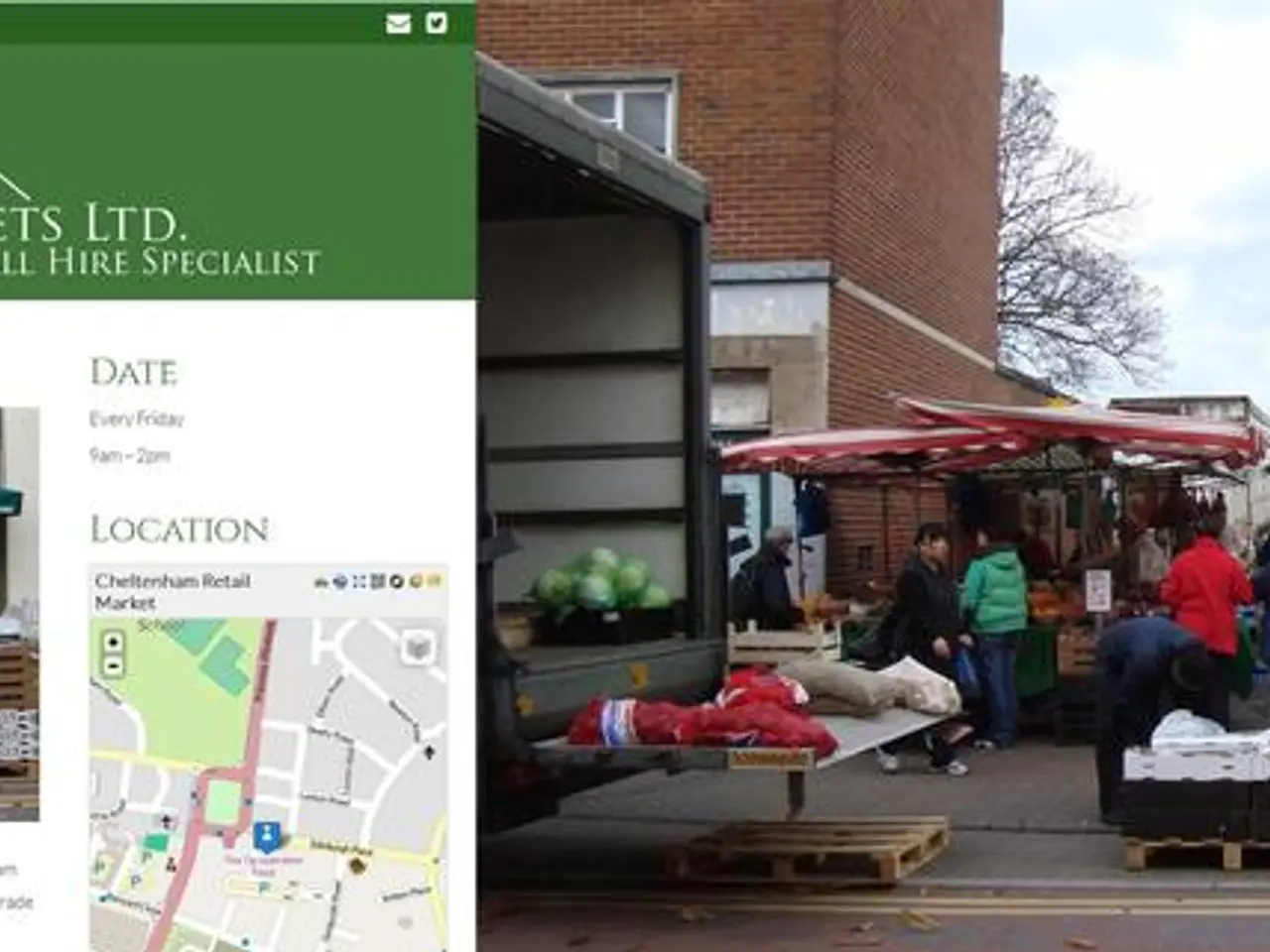Eager for VAT Refund Venture: FIEs Press On
Foreign-invested enterprises (FIEs) in Vietnam are facing financial difficulties due to delays in VAT refunds, as seen in the cases of Vina Kyoei Steel and Young Poong Electronics Vietnam Co., Ltd. [1], [2], [3]
Vina Kyoei, a joint venture with 60% Japanese investment and 40% from Vietnam Steel Corporation, submitted a VAT refund application for input VAT related to export activities from December 2021 to November 2022. However, the company is awaiting a response from the Ministry of Finance and its Tax Department regarding the case [4].
Similarly, Young Poong Electronics Vietnam overpaid input VAT to two suppliers in the northern province of Bac Ninh, due to suppliers issuing VAT invoices with a 10% tax rate instead of sales invoices for processing activities [5].
The prolonged VAT refund process has caused significant financial strain for these companies, affecting their operations and planned expansions.
The Tax Department has urged regional tax branches to speed up the settlement of VAT refunds, focusing on specific item groups like textiles, footwear, wood and wood products, agricultural products, seafood, iron and steel, and electronic components [6]. Accelerating the VAT refund process is crucial for providing investors with capital for reinvestment and boosting their confidence in the investment environment [7].
The VAT refund directly impacts a company's cash flow, with ideal processing times being within three months from the date of incurrence or within six months [8]. However, delays in VAT refunds are common due to lengthy audit processes and strict compliance checks [1], [2].
To address these delays, enterprises should ensure full and accurate documentation prior to submission, engage proactively with tax authorities for timely audit completion, use commercial banks for transactions to align with procedural requirements, and keep current on 2025 VAT legislation updates to avoid disqualification or extended scrutiny [1], [2].
The 2025 tax reforms increased regulatory scrutiny, especially for multinational enterprises and digital service providers, making compliance more critical to secure refunds without penalty or delays [2], [5]. Consulting specialized tax advisory services familiar with Vietnam’s evolving VAT procedures is advisable to expedite refund processes and handle audits effectively.
The Vietnam Business Forum has highlighted the issue of delayed VAT refund procedures, affecting businesses [9]. Ko Tae Yeon, chairman of the Korea Chamber of Business in Vietnam, proposed establishing a VAT refund consultation centre under the central government to assist businesses [10].
In a positive development, Samsung Electronics Vietnam is set to receive a VAT refund of $23.3 million on April 15 [11].
The Ministry of Finance has proposed comprehensive modifications for VAT refund regulations, citing reasons such as the use of invoices from taxpayers who were no longer operating at their registered business addresses and those flagged as high-risk for tax purposes [3]. The Bac Ninh Tax Department is coordinating with the Bac Ninh People's Committee to arrange for the refund budget allocation [3].
The 2025 reforms, including Decree 181/2025/ND-CP and Circular 69/2025/TT-BTC, clarify VAT refund rules such as eligibility thresholds, refund periods, and treatment of activities with different VAT rates [3], [4]. If after offsetting VAT payable, the remaining uncredited VAT exceeds the threshold, a refund request can be filed. VAT from trial operation revenue or financial activities is excluded from refund calculations [3], [4].
In conclusion, FIEs can claim VAT refunds by meeting legal criteria, submitting full documentation, and patiently navigating audits, while addressing delays by maintaining proper compliance and communication with tax authorities under the updated 2025 regulatory framework. [1], [2]
The financial difficulties faced by foreign-invested enterprises, such as Vina Kyoei and Young Poong Electronics Vietnam, are largely due to delays in VAT refunds from the Ministry of Finance and its Tax Department, affecting their business and finance sectors [4], [5]. To alleviate these financial strains and boost their confidence in the investment environment, it's crucial to accelerate the VAT refund process, as proposed by the Tax Department, to provide investors with capital for reinvestment [7].




